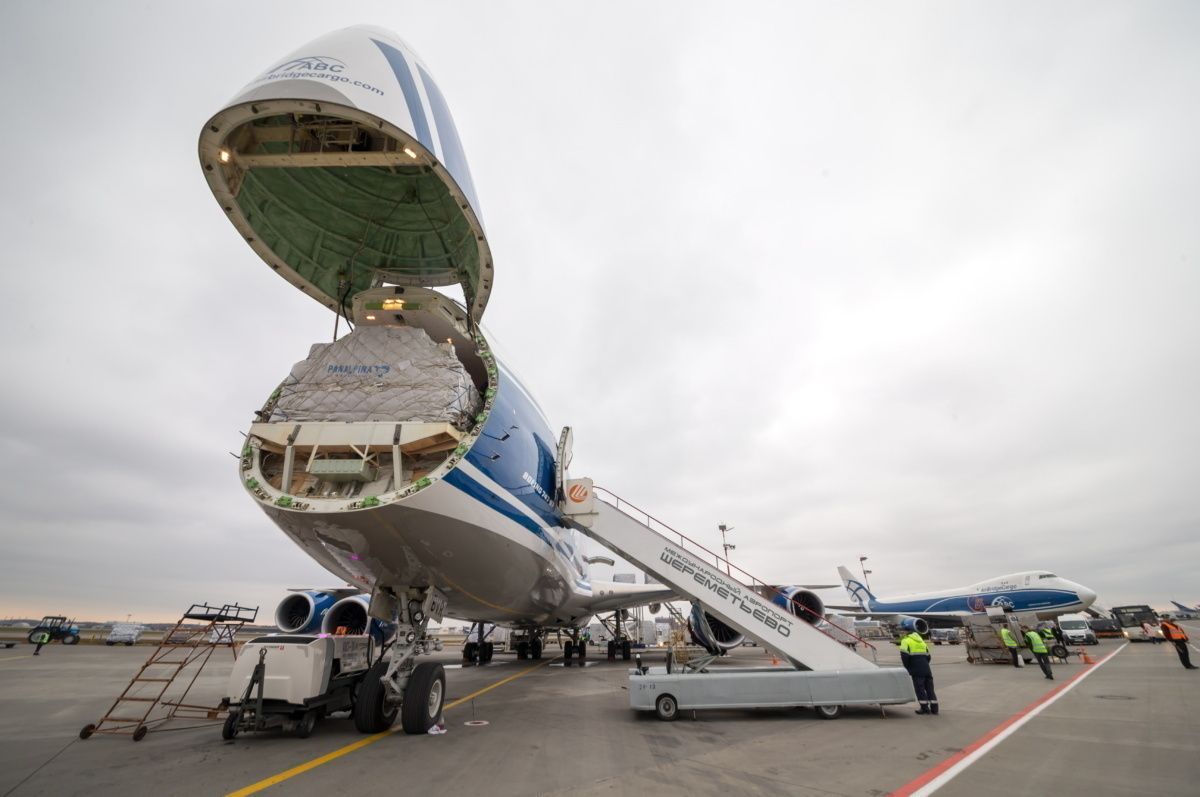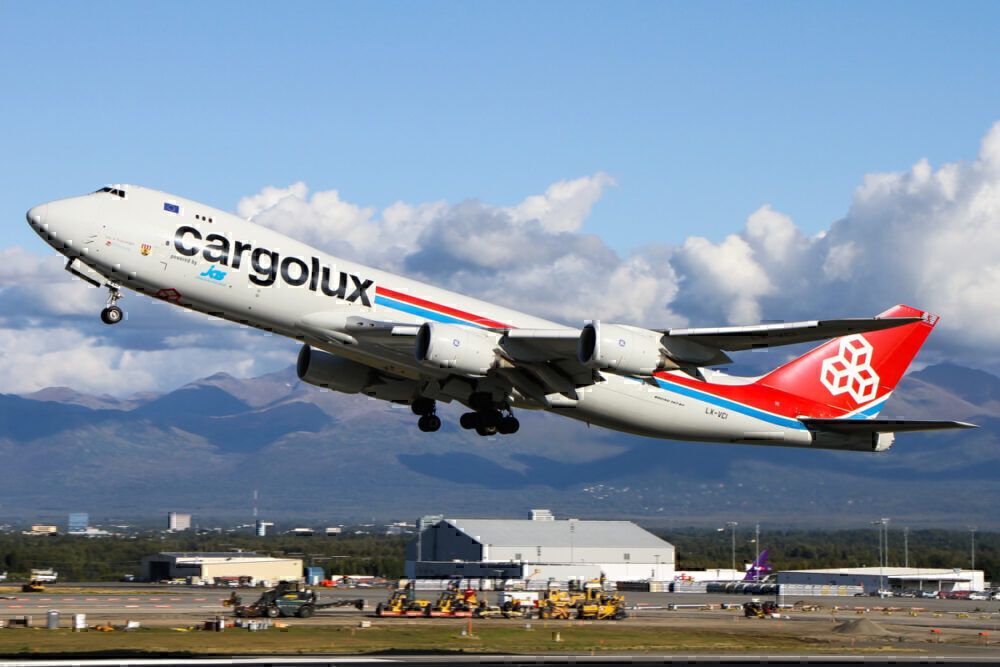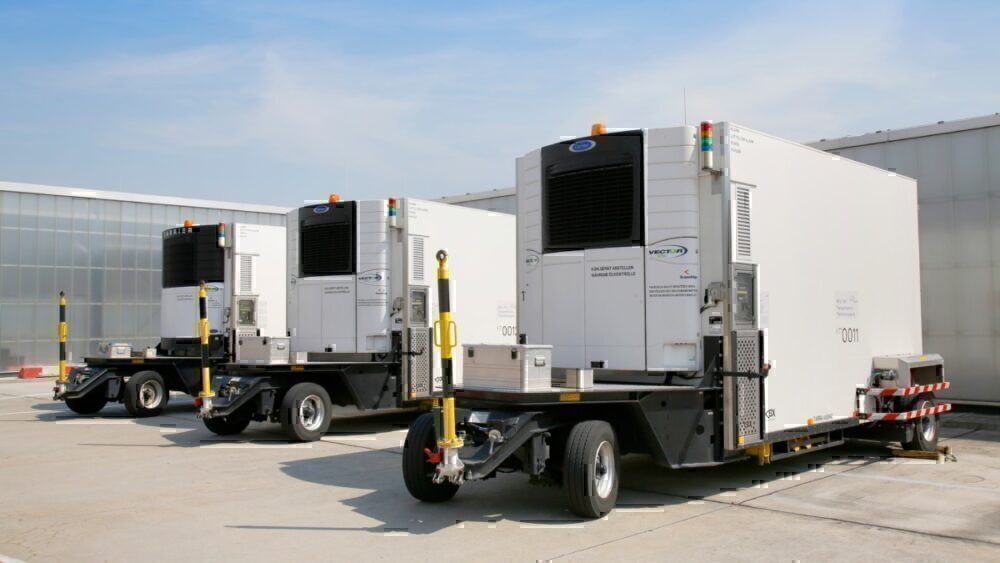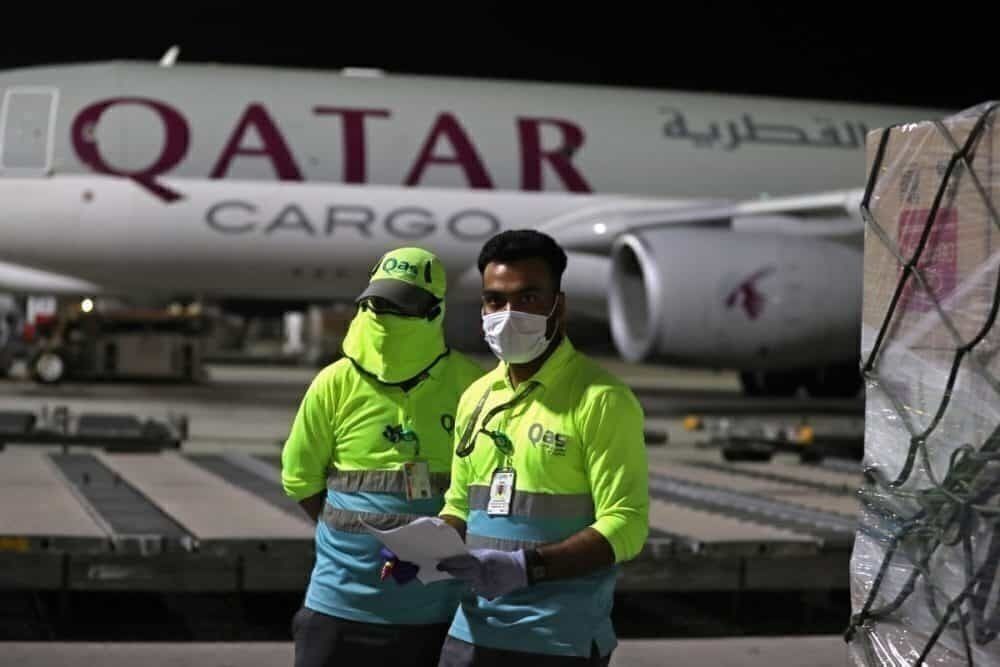IATA is urging airlines to start preparing for the transport of billions of COVID-19 vaccine shots. While a vaccine seems to be, optimistically, a few months away, the industry must make extensive preparations to carry it. The airline association is also pushing carriers to prepare for the surge in capacity needed to fulfill the vaccine demand, as global cargo provision remains impacted by the current downturn.
Massive task ahead
The million-dollar question for airlines everywhere is when the vaccine will arrive. Estimates range from the end of 2020 to mid-2021, with several promising vaccines in their final stages of testing. However, even once the once it is ready, there remains the challenge of moving billions of doses to every country on Earth.
Stay informed: Sign up for our daily aviation news digest.
This is the challenge IATA and the UN is warning carriers about. When the time does come, airlines will have to transport up to 7.8 billion doses, or roughly 8,000 747s worth of the vaccine. A vaccine that requires two doses could see this figure nearly double.
IATA is also warning that the reduced airline route network and capacity means that the vaccine may not be able to reach everyone. The WHO has already highlighted that it is unable to finish its usual vaccine delivery schedule in part due to limited air connectivity. For the COVID-19 vaccine, airlines must prepare to quickly rebuild their previous networks and bring some planes out of storage.
Preparation
Transporting the COVID-19 vaccine will be a time- and temperature-sensitive mission, according to IATA. Frankfurt Airport recently gave us a view of what it will take to move the world's most precious medicine once it is available.
To ensure the quality of the vaccine, cargo hubs have to set up temperature-controlled warehouses to store the vaccine. They must also have special transporters to move the vaccine to the plane without a change in temperature. Staff training is also crucial for vaccine handling, which is very different from standard cargo.
Some airlines are already doing test runs, flying the temperature-sensitive containers to ensure their safe transport. However, IATA is pushing carriers and airports around the world to start large-scale preparations. Considering the time needed to build and procure the required infrastructure and train staff, countries have no time to waste.
Supply chain planning
Airlines aren't the only ones who need to prepare. Transporting medical goods requires tight security measures, border controls, and extensive route planning. The only way to overcome this is by advance planning by governments and carriers. For a smooth process, IATA recommends the following steps:
- Introducing fast-track procedures for overflight and landing permits for operations carrying the COVID-19 vaccine
- Exempting flight crew members from quarantine requirements to ensure cargo supply chains are maintained
- Supporting temporary traffic rights for operations carrying the COVID-19 vaccines where restrictions may apply
- Removing operating hour curfews for flights carrying the vaccine to facilitate the most flexible global network operations
- Granting priority on arrival of those vital shipments to prevent possible temperature excursions due to delays
- Considering tariff relief to facilitate the movement of the vaccine
Some of these steps do seem drastic, such as allowing temporary traffic and overflight rights and giving carriers tariff reliefs. However, considering the value of the vaccine, these do seem reasonable. It is unclear which countries will actually make these accommodations in advance. But when push comes to shove, every country will be willing to change the rules for the vaccine.
IATA is clearly prudent in its advice to airlines and governments. Without adequate preparations by both, the world could be ready with a vaccine, but with no ability to deliver it. An outcome nobody wants, especially airlines.




